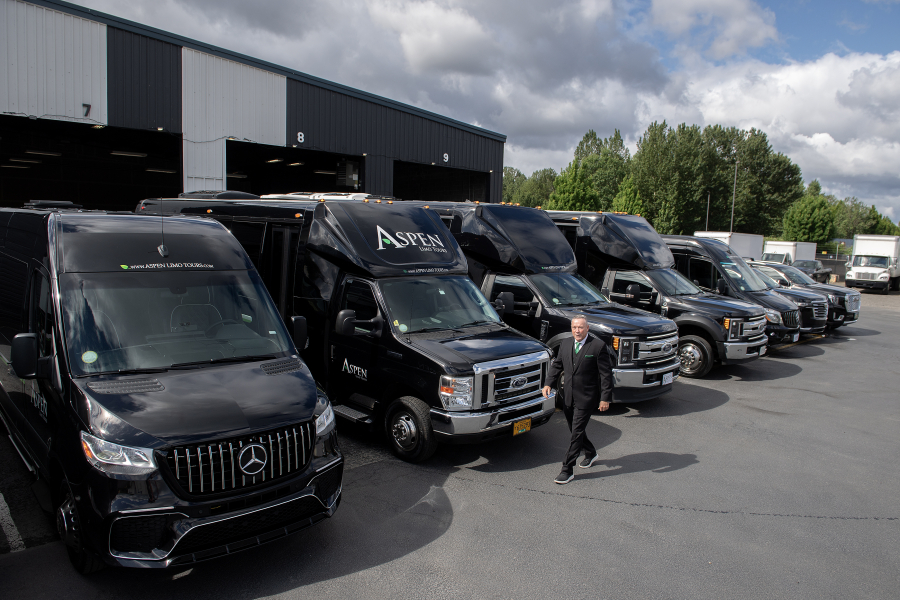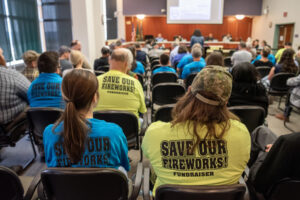Clark County motorists will pay more at the pump now that Gov. Bob Ferguson has signed into law a 6-cent-per-gallon gas tax increase.
Lawmakers passed the transportation budget and accompanying gas tax in the waning days of the legislative session, which ended April 27. The increase is set to begin July 1 amid the usual seasonal rise in fuel prices.
“Our gas tax revenue is not what it was,” Ferguson said during a press conference Tuesday.
The governor pointed to infrastructure challenges and Washington residents’ expectation that the state will invest in projects to fix them. The gas tax increase was a bipartisan solution, he added.
“We have limited revenue options right now,” he said. “The gas tax, unfortunately, is one of them.”





